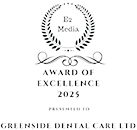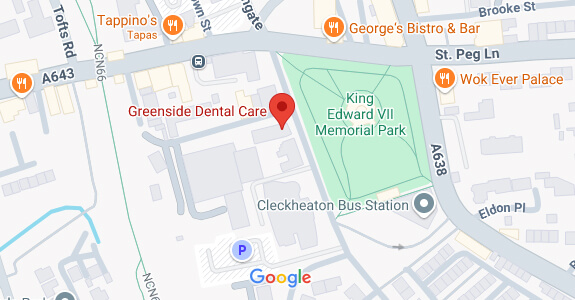
Emergency Dental Care in Cleckheaton
Toothache at the worst possible moment? Damaged tooth after an accident? Don’t worry, we’re here to help.
At Greenside Dental Care, we offer urgent appointments for both registered and non-registered patients. If you're in pain, we’ll do our best to see you the same day and get you out of discomfort fast.
- Sudden or severe toothache
- Chipped, broken, or knocked-out teeth
- Swelling or dental abscess
- Lost crowns or fillings
- Trauma to the lips, gums, or jaw
If you're unsure whether your issue is an emergency, call us. We’ll talk through your symptoms and advise you on next steps.
Call our team on 01274 851582. We prioritise emergency cases Out of hours? Call NHS 111 for urgent advice and support
We’ll assess the problem quickly and clearly explain your options. Treatment may include:
- Temporary fillings or smoothing
- First-stage root canal treatment
- Emergency extractions
- Advice, prescriptions, or pain relief
Whatever you need, we’ll act fast to relieve pain and protect your oral health, while guiding you through your options for ongoing care.
Call 01274 851582 to speak to our friendly team, or book online if it’s during practice hours.










